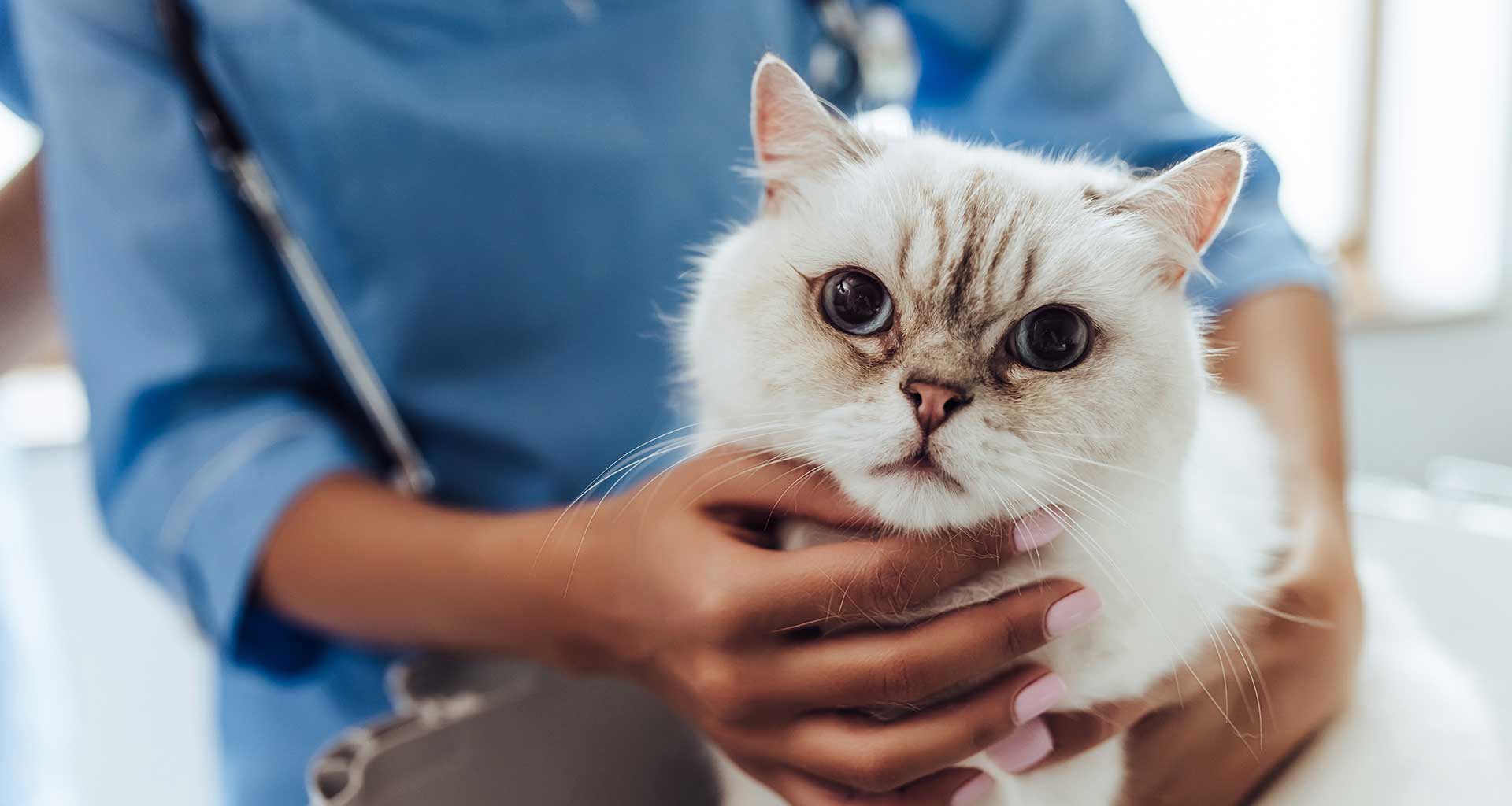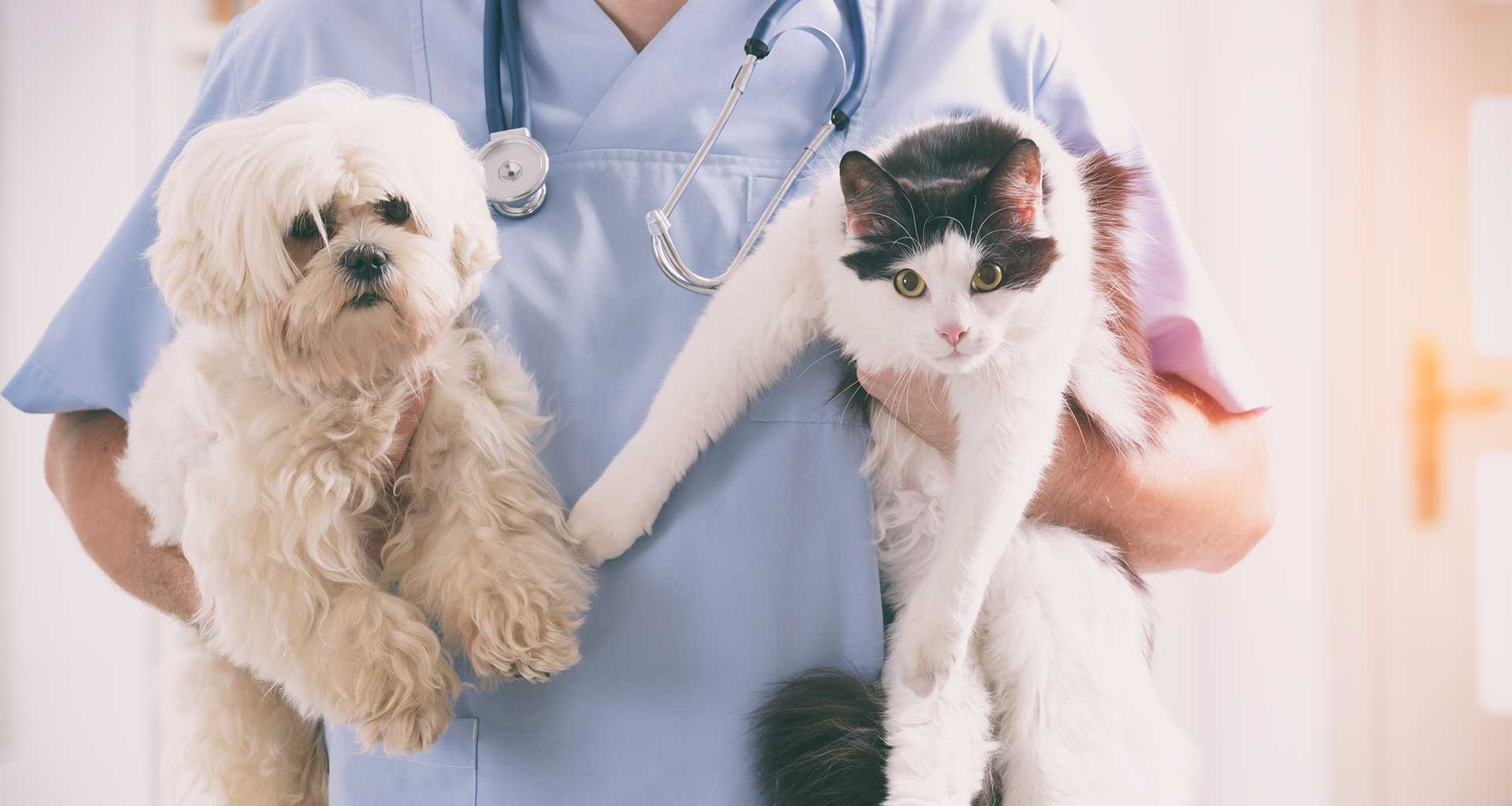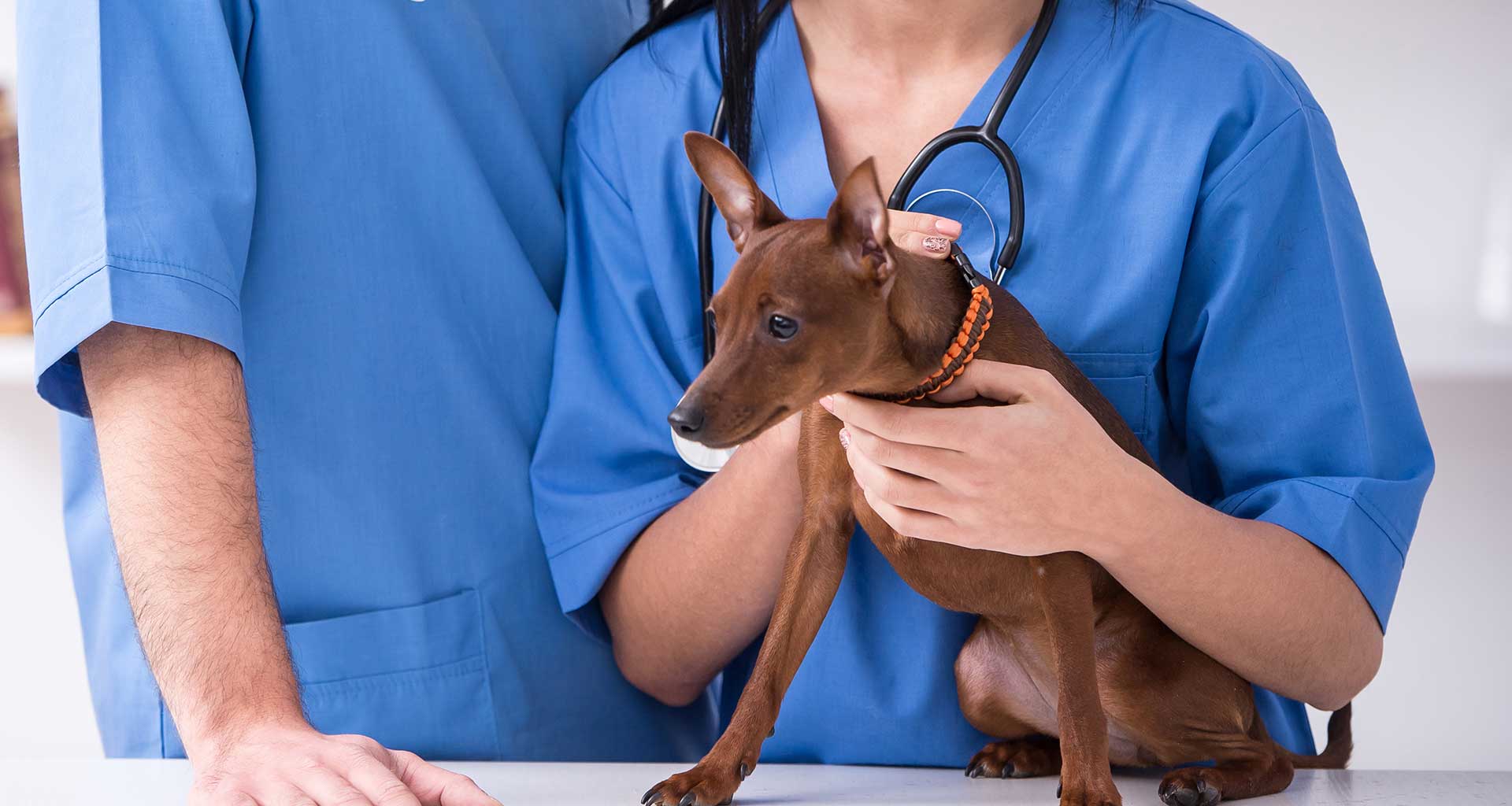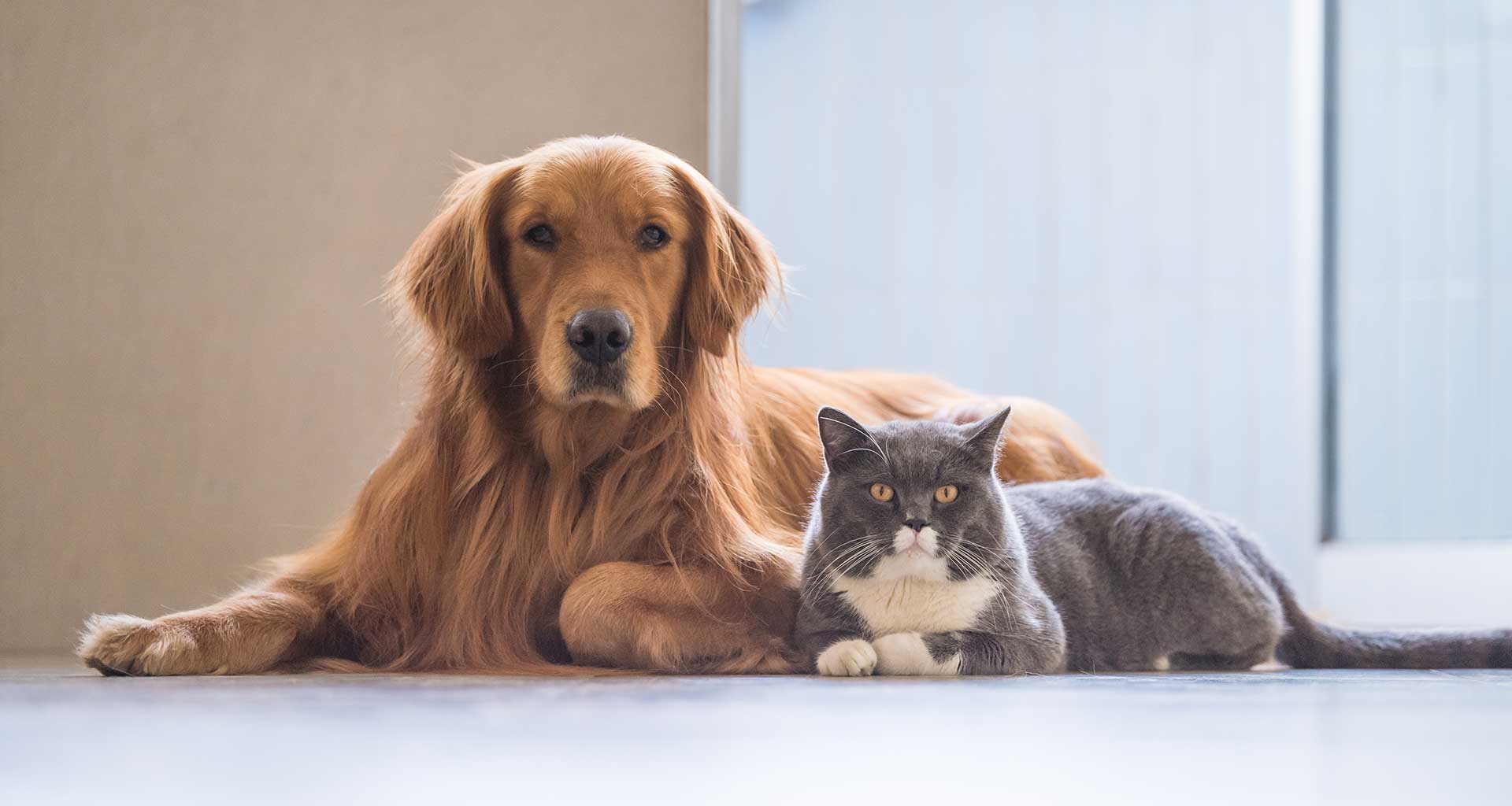Good oral hygiene is essential for the long-term health and wellbeing of all animals. Unfortunately, many owners are unaware of the importance of preventive dental care or how to go about it..
When it comes to keeping your furry friend in the best possible health, don’t forget about their pearly whites! Just like humans, pets need regular dental care. Fortunately for pet owners everywhere, there are now plenty of solutions available when it comes to taking care of your pet’s teeth and gums. You can start by brushing your pet’s teeth on a daily basis using toothpaste made specifically for animals. Pet stores also sell chew toys and other products that are designed to help reduce plaque buildup and maintain healthy gums. In addition to at-home care, it’s recommended that you take your pet in for a professional cleaning every 6 months or so with a qualified veterinarian.
Why Oral Hygiene is Important
Preventative care is the key to keeping our pets healthy and happy. That’s why it’s so important for pet owners to understand the importance of oral hygiene. Just like people, pets can suffer from dental diseases such as plaque and tartar buildup, tooth decay, periodontal disease and even infections if their teeth are not well taken care of.
Good oral hygiene in pets should begin at an early age. This helps build good habits while they are young and sets them up for a lifetime of healthy teeth and gums. Brushing your pet’s teeth daily will help remove plaque buildup which can lead to severe gum disease if left untreated. Regular checkups with your vet are also important in order to detect any underlying issues as soon as possible.
Oral hygiene in pets involves brushing their teeth, taking them for regular dental checkups and providing appropriate chew items to keep their gums clean and healthy. Brushing your pet’s teeth should be done at least once every week or two with a soft-bristled toothbrush that is specially made for animals. This will help remove plaque and tartar buildup that can cause inflammation of the gums (gingivitis) and infection around the roots of the teeth (periodontitis).
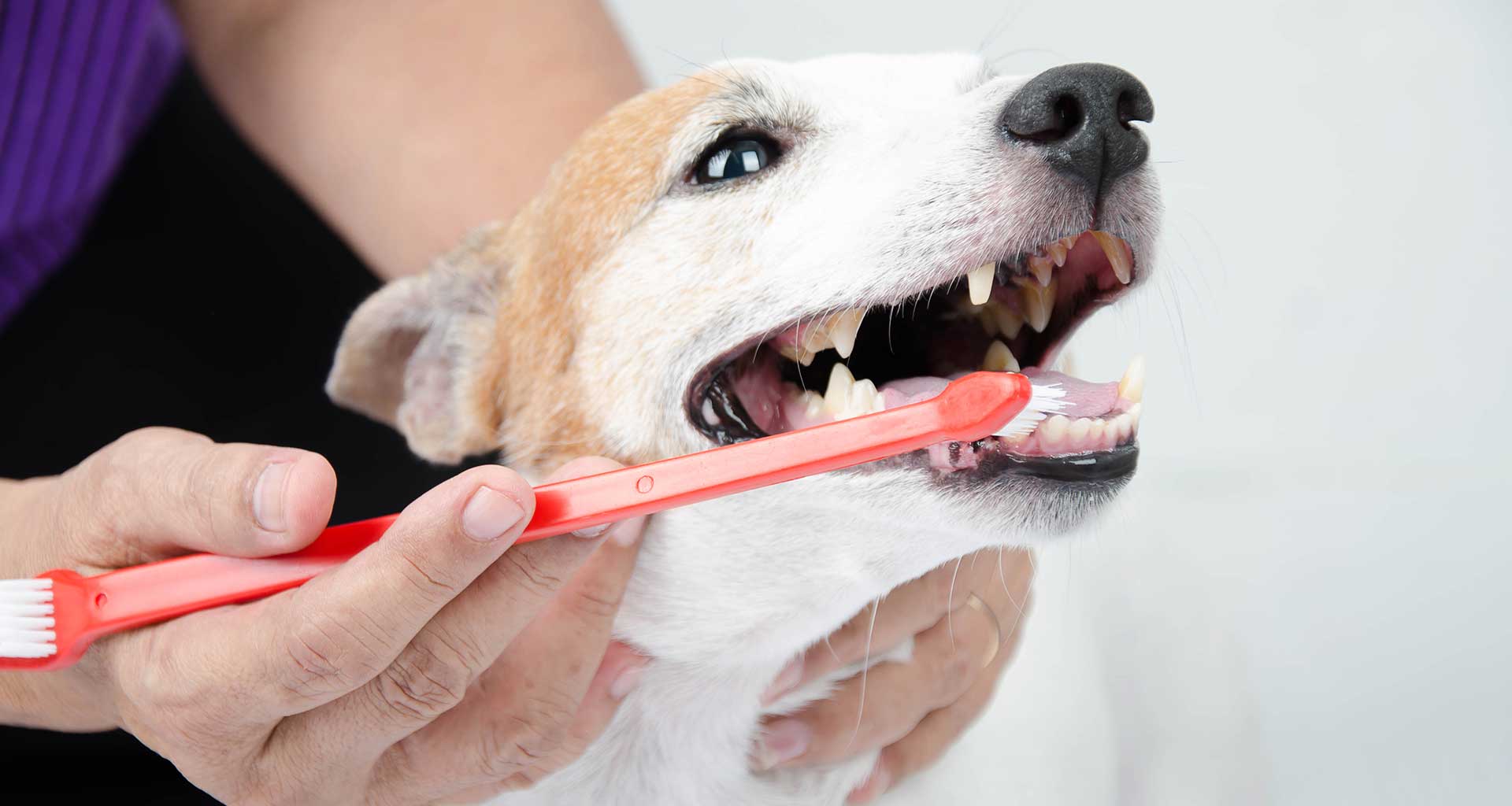
Signs of Poor Dental Health
The most obvious sign is bad breath. Just like humans, when our pets have food and bacteria stuck between their teeth, there can be an unpleasant odor coming from their mouths. Other common signs of poor dental health include yellowing or browning of the teeth, bleeding or swollen gums and difficulty eating due to tooth pain. If you notice any of these symptoms in your pet it is important to take them in for a full check-up as soon as possible – allowing untreated dental problems to persist can lead to further complications such as infection and organ damage.
Poor dental health in pets is a common problem that can manifest itself with a variety of physical symptoms. If left untreated, it could lead to serious health issues and pain for your pet. To keep your furry friend healthy and happy, here are some signs you should look out for:
- Bad breath – if your pet’s breath has an unpleasant odor, it could be a sign of poor oral hygiene.
- Discoloration on teeth – when plaque builds up on the teeth, it may cause yellowing or blackening of the teeth which can be an indication of advanced decay.
- Loose teeth – If you notice any loose or missing teeth in your pet’s mouth, then this could be a sign of gum disease caused by plaque build-up between the gums and teeth.
Types of Treatments
Dental care is an essential part of preventing health problems in pets. Brushing teeth regularly with a pet-safe toothpaste is the best way to help maintain good oral hygiene. Additionally, regular veterinary checkups should include professional cleaning and exams for any signs of gum disease or other issues that need attention. In cases where dental work needs to be done beyond what can be done at home, there are several types of treatments available depending on the severity of the issue at hand.
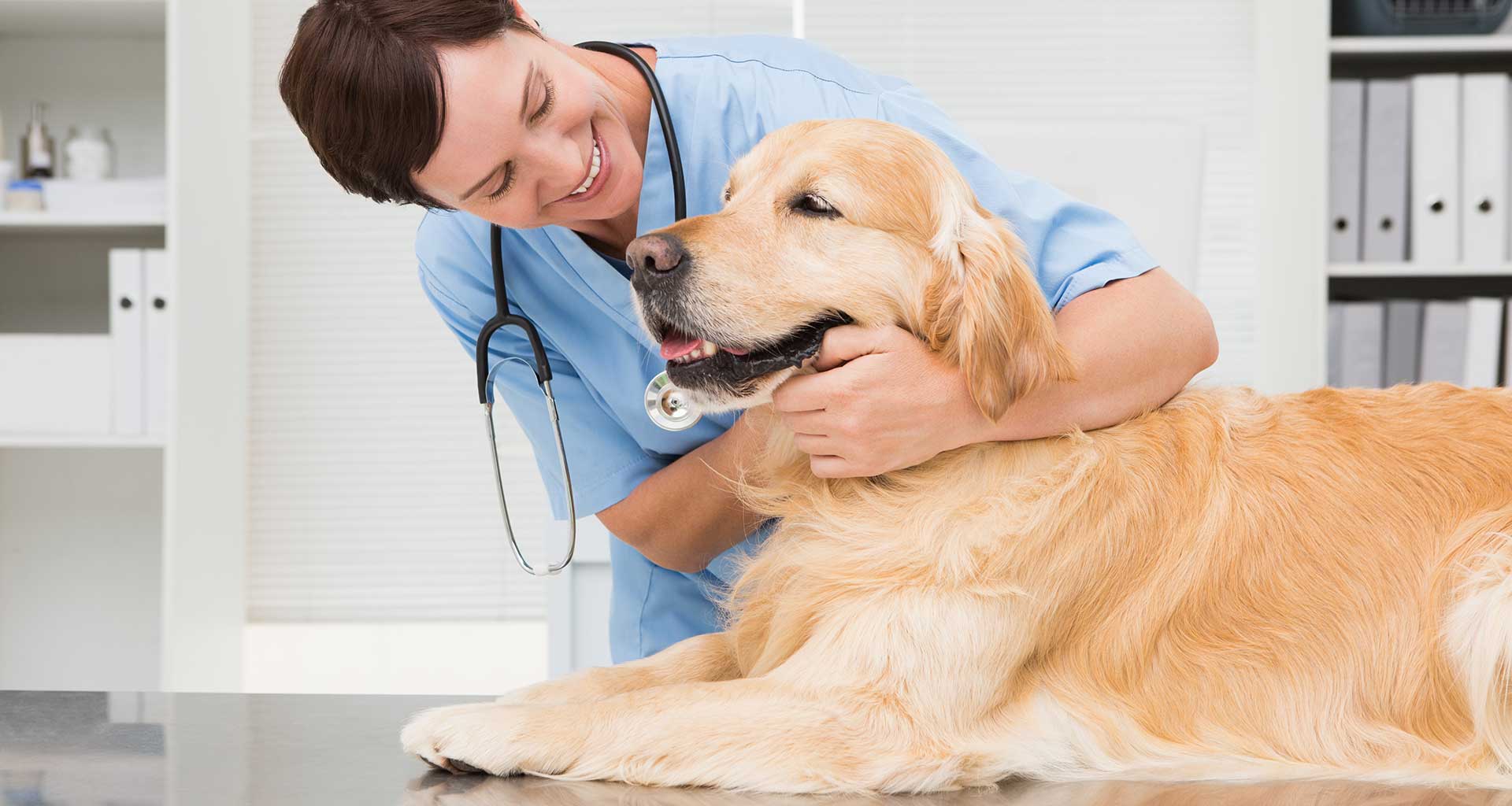
Regular Maintenance Tips
It is important that pet owners understand the importance of regular dental care and maintenance for their pets. Without proper care, plaque and tartar can build up on the teeth causing infection, pain, tooth loss or other serious medical issues.
Regular maintenance of your pet’s dental health is essential to preventing long-term issues. There are several simple steps pet owners can take to ensure their furry friends have healthy teeth and gums. Here are some basic tips for pet dental care:
- Brush their teeth regularly: Use a toothbrush designed specifically for pets and a special toothpaste with ingredients safe for animals. This should be done at least twice a week, but preferably daily, so your pet will get used to the routine.
- Offer hard chews or toys: Chewing on these items helps remove plaque build-up and keeps your pet’s gums in good condition. Always supervise while they chew to make sure they don’t swallow anything that could potentially cause an obstruction or other issue.
As a veterinarian, I highly recommend that pet owners prioritize their pet’s dental health. With regular brushing and check-ups, you can help your pet live a longer, healthier life. Don’t let dental problems go untreated – it can have serious consequences for your pet’s overall health. Remember to brush your pet’s teeth regularly and contact your veterinarian for advice on the best options for your pet.




